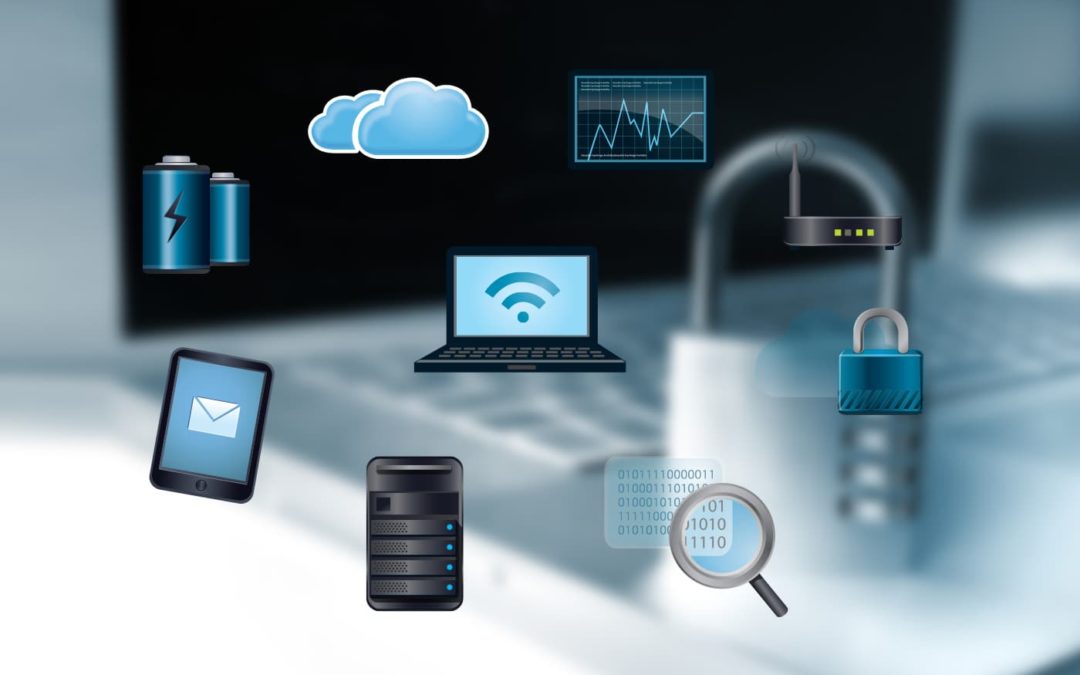[Because I had this question from a listener about VPNs this week, and since it’s such a hot topic, I thought I’d forward the email thread to you (with Dave’s permission). I go into when you need to use a VPN, what you need to be aware of, and some more insider tips of what we use ourselves and for our clients. Craig.]
Dave,
Unlike what the advertisements seem to indicate (like Norton VPN advertisements you’ve heard on the radio), a VPN is not going to help you keep your network safe.
In fact, with most VPNs, your data is actually much less safe than if you weren’t using a VPN in the first place.
All a VPN is going to do for you is to run your data through their network connection, where it can still be monitored. Who better for the hackers to go after than someone who hosts a VPN end-point?
And then there’s your privacy. Most of the VPN companies sell your data as their primary source of income! Others sell your data to make a few extra bucks. Why do you think they’re so cheap? It’s because your data is the product.
The VPN provider you’re using can still see all of your activity.
A VPN can come in handy if you’re looking to stop your Internet Service Provider (Comcast/AT&T/Verizon/etc) from monitoring where you’re going and what you’re doing.
The solution? We have our own VPN services that we use internally. I haven’t looked at third party services recently, so I couldn’t tell you who’d be trustworthy, but bottom-line: I don’t trust any of them.
We’re tied in closely with Cisco, who provides the top security stuff in the world. We have a “Stack” of cybersecurity software that I’ve talked with your wife about before, but somehow things got lost in the follow-through somewhere. She was thinking about our services for your more critical machines at $47/month/machine. It works great on your Macs (that’s what we use exclusively — although we also have Linux/FreeBSD/Windows machines). And it’s a must-have for any Windows machines.
The first steps we’d take for your small business would be to do a Cyber Security Assessment and produce an Action Plan for any of the machines you decide to secure with us. It usually takes a couple of weeks, and we would end up cleaning up security problems on your machines. (Yes, Macs have security issues, too.)
The other thing that you should do is use a strong DNS filter. (It’s included in our $47 package.) We use Cisco’s Umbrella, and it’s easy enough to integrate on your network by changing your DNS servers on your DHCP server to point to Umbrella. Our professional Umbrella subscriptions (which you can’t buy as a consumer) give us more granular control over things.
Using our “Stack” will bring you to a level of about 99% security vs. the < 40% you get from using Norton/McAffee type anti-virus. It’s what we use at home, in our business, and with our clients, and we’ve had a 100% success rate.
Even with that kind of success rate, it’s also important to use a 3-2-1 backup methodology to ensure you can get back online quickly in the event of total disruption. And for regulated businesses, you need to make sure you’ve got a fully tested Disaster Recovery program in place,
Craig.
PS Dave, make sure you sign up for my Security Summer to get the Cheat Sheets I’m making. They cover most aspects of cybersecurity, including VPNs. I’m going to end up selling them in the future, but for now, you don’t have to expend one red cent 😉
[Click here to sign up]
On Aug 12, 2019, at 12:36 PM, Dave <dave@xxxxx.net> wrote:
And we are almost 100% Mac OS and Netflix addicts.
Cheers!
Dave xxxx
On Aug 12, 2019, at 10:36 AM, Craig Peterson <me@CraigPeterson.com> wrote:
All goes back to what you need it for?
What are you looking to do with it/have it provide for you?
Craig.
On Aug 12, 2019, at 11:18 AM, Dave <dave@xxxxx.net> wrote:
Craig,
Looking at vpn. Is it worth it and who is best provider?
Cheers!
Dave xxxx


